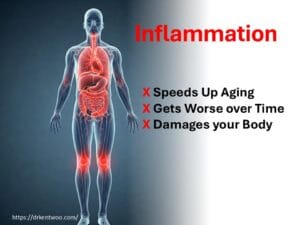
Both maternal and infant nutrition play a critical role in determining the subsequent risk of not only allergic diseases but also many other non-communicable diseases.
A study by Maslova et al published in JACI 2012, suggests that dietary allergen restriction in pregnancy is neither justified nor likely to be effective in reducing allergic disease.
It is a known fact that prevalence of allergic diseases rises with the adoption of modern lifestyles. We should now focus on understanding the complex changes in dietary composition that have occurred with progressive modernization.
Perhaps the modern dietary patterns change the composition of helpful microbial patterns in our bodies to a pattern that promotes low-grade systemic inflammation, metabolic dysregulation, and associated chronic diseases.
We should identify helpful traditional dietary and nutritional practices in which our bodies were evolved to accept and thrive during our development as the human race. Restoration of traditional dietary patterns may have many properties that protect not only against allergic disease but also against cardiovascular disease, obesity, diabetes, and many other non-communicable diseases.
It is also important to realize that restoration of dietary patterns should be tailored to what the norms were for the specific population in their geographical location.




